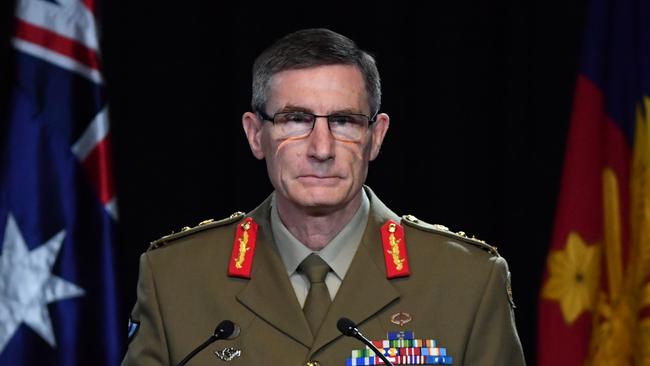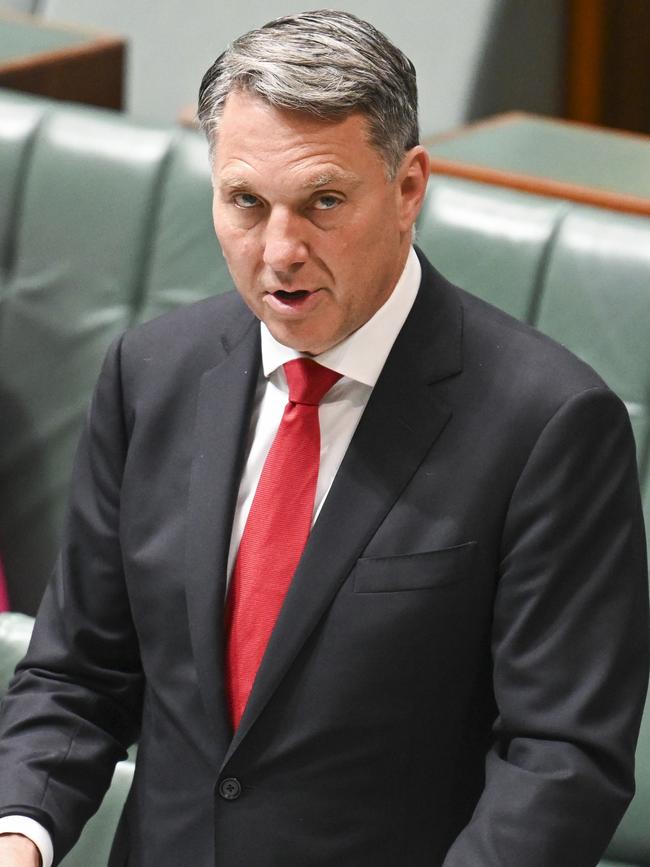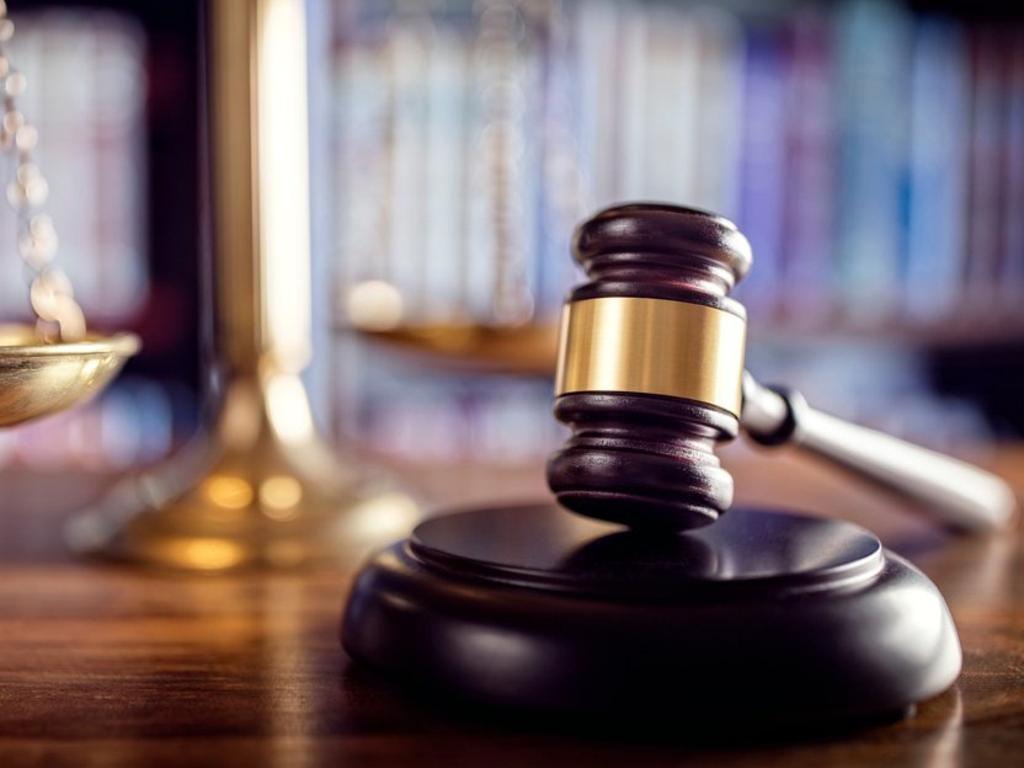
It was meant as a statement of commitment that he and the Australian Defence Force would face up to the most disgraceful period in the institution’s more than 120-year history.
Yet secrecy, delays and blame-shifting in the nearly four years that followed have further eroded public trust in the ADF, ensuring the stain of 39 murders by SAS personnel in Afghanistan will remain for many years to come.
Now, two months after Campbell’s departure, the government has “closed out” the Brereton inquiry, stripping medals from up to nine current and former commanders for war crimes committed on their watch.
All were mid-ranking officers when the crimes occurred.
Defence Minister Richard Marles says the ADF and its commanders have shouldered responsibility the shocking saga in a “profoundly important” and globally significant process.
“That we have held ourselves accountable in this moment allows Australia to continue to cherish this service – past and future,” he told parliament.
But the opaque and overly bureaucratic process since the release of the Brereton report has served only to raise more questions, and ensured the Australia’s most storied military unit will continue to be dogged by its moral failures in the nation’s longest war.
Paul Brereton found 23 SAS soldiers murdered 39 Afghan civilians and prisoners in horrific circumstances, with some forced to do so by senior non-commissioned officers to “blood” junior soldiers.
The extent of the depravity was captured by one soldier’s helmet camera, which recorded him asking a sergeant “You want me to drop this c..t?” before executing a cowering Afghan.
More than a decade on from the crimes, only a single soldier has been charged and is yet to face court.
Until Thursday, not a single officer had faced official sanction.
Veterans groups have predictably lashed the government for revoking command awards, as if they were trade unions representing workers in an unfair dismissal case. They misread the mood of the wider defence community and the public.
Marles rightly argues the vast majority of the 26,000 Australians who served in Afghanistan did so with distinction.
Yet regular army members and everyday Australians were disgusted by the war crimes revelations and there is a strong belief among current and former personnel that the ramifications for commanders who let the SAS go off the rails don’t go far enough.
There were many senior SAS commanders over the years who allowed the SAS’s toxic warrior culture to flourish, turning a blind eye to the unit’s self-serving elitism that saw soldiers cavorting in an on-base bar at night before deploying outside the wire – in some cases to wreak havoc on innocent Afghans.
The government’s decision to suppress the identities of those whose medals were revoked in the name of privacy will sit uneasily with many, and the special forces grapevine is already abuzz with speculation on who they are.

Marles says he adhered to the Brereton inquiry’s findings “to the letter” in finalising the government’s response. Yet many believe Brereton gave a leave pass to more senior officers with his finding that “responsibility and accountability does not extend to higher headquarters”.
They include Andrew Hastie, the former SAS captain who now serves as the Coalition’s defence spokesman, who says he disagrees with Brereton on how high up the chain of command accountability should extend.
Brereton’s report specifically exonerated Campbell and other senior officers who headed Taskforce 633 – the ADF’s most senior Middle East command position.
The decision baffles to this day, considering the long-established principle that a commander need not be aware of a subordinate’s wrongful conduct to be deemed accountable for it.
Campbell held the role in 2011, when Brereton’s chronology identifies at least one unsubstantiated war crime and includes three completely redacted paragraphs on “occurrences” during the period.
Many believe the now-retired general – himself a former SAS commander – could have honourably dealt with the issue by voluntarily giving up his own distinguished service cross back in November 2020.
He did not, and he has resisted doing so ever since. Such is the attachment of military men to their ribbons and tin.






Moments before he released public version of the Brereton war crimes report on November 19, 2020, then-defence chief Angus Campbell told waiting journalists: “Trust is the coin of our realm.”